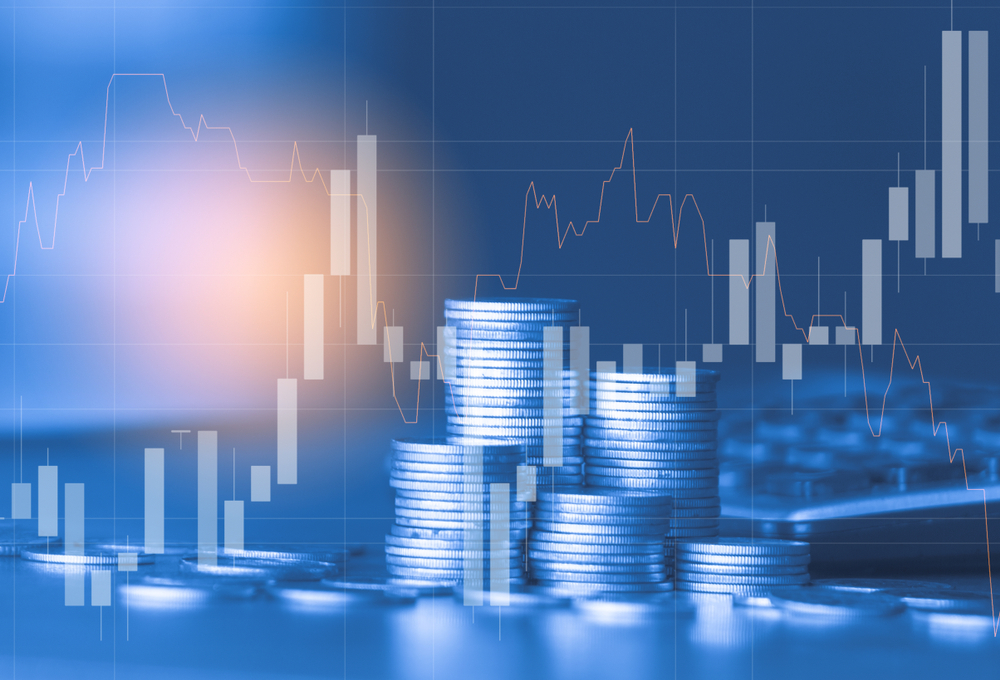Markets
As Share Buybacks Become Radioactive, These Companies Will Hurt The Most

Over the past 11 years, companies in the S&P 500 have paid $0.90 of every $1 in profit back to shareholders in the form of stock buybacks or dividends.
According to Chamath Palihapitiya, chief executive of venture-capital firm Social Capital LP, that amounts to roughly $7 trillion that companies don’t have on-hand today to help them weather the current economic storm brought on by the coronavirus pandemic.
“When you do things like buybacks and dividends, what you are essentially saying is, you are throwing your hands up in the air and declaring to the world: “I do not know what to do with this money.’ Instead of deciding to save that money to try and do M&A, to try and do R&D, to pay your employees more, these people have given it back in an open-market purchase,” he said.
And now those very same companies are the ones lining up, hoping for a bailout by the government.
“I just think that kind of behavior makes no sense, and instead of being punished, it has been rewarded. Why aren’t all these companies trying to figure out how to be more resilient?” Palihapitiya asked.
What to Expect
Goldman Sachs expects that companies will reduce share buybacks by 25% in 2020 versus 2019. He thinks it's partly due to shrinking cash flow amid the coronavirus pandemic leaving them unable to afford large buybacks. However, it's also due to criticism that companies have received for giving back so much money over the last 11 years and now turning to the government for help.
“Buying back stock was all the rage, but could become passé, like leisure suits,” wrote Jeffries equity analysts Steven DeSanctis and Eric Lockenvitz, in a note yesterday. “The frenzy around the outrage over buybacks has calmed down, but we don’t believe companies will be talking about it anytime soon.”
The two pointed out that share repurchases have been a significant driver of earnings-per-share growth in the S&P 500 for the past five years.
Without share buybacks, earnings growth over the last five years would have been 5.1% But with the help of buybacks, earnings growth jumped to 6.3%, a 23% increase.
The slowing or eliminating of buybacks could reveal which companies are only capable of showing earnings-per-share growth by shrinking the “share” portion of “earnings-per-share.”
Thirteen Stocks
The Jefferies analysts selected 13 stocks that “took advantage of buybacks” to increase EPS growth “but had to raise leverage to do so.”
The companies are Dunkin’ Brands Group Inc. (Nasdaq: DNKN), IHS Markit Ltd. (NYSE: INFO), Hilton Worldwide Holdings Inc. (NYSE: HLT), Marriott International Inc. (Nasdaq: MAR), Yum Brands Inc. (NYSE: YUM), Ross Stores Inc. (Nasdaq: ROST), Booking Holdings Inc. (Nasdaq: BKNG), Mettler-Toledo International Inc. (NYSE: MTD), Illinois Tool Works Inc. (NYSE: ITW), Citrix Systems Inc. (Nasdaq: CTXS), Waste Management Inc. (NYSE: WM) FleetCor Technologies Co. (NYSE: FLT), and Waters Corp. (NYSE: WAT).
The analysts stopped short of saying these companies are due for their stock prices to fall when they can no longer shrink the number of outstanding shares. Additionally, some may be willing to continue buybacks, despite the poor optics of doing so.
Up Next:















